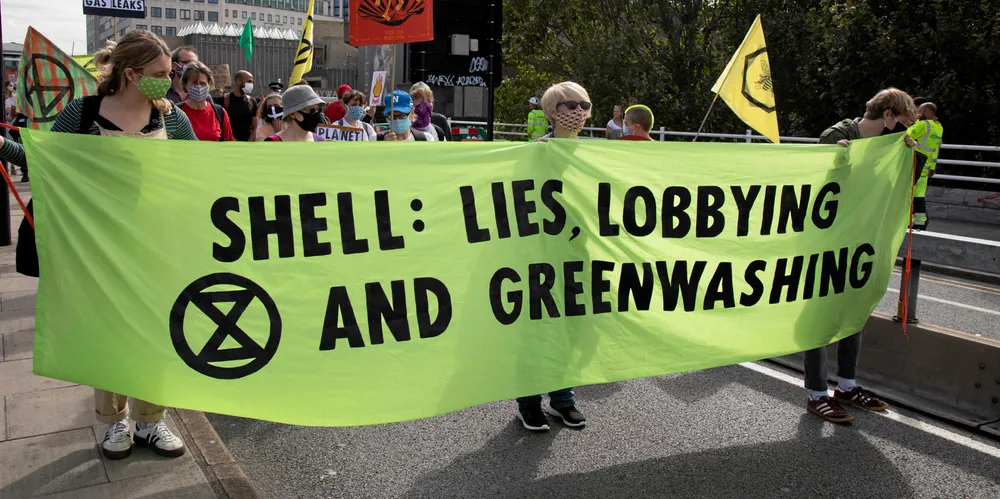'I refute it' | Shell chief Wael Sawan hits back at renewable energy 'greenwash' probe call
CEO denies supermajor 'misleading' investors over Renewables and Energy Solutions and defends transition strategy

CEO denies supermajor 'misleading' investors over Renewables and Energy Solutions and defends transition strategy
